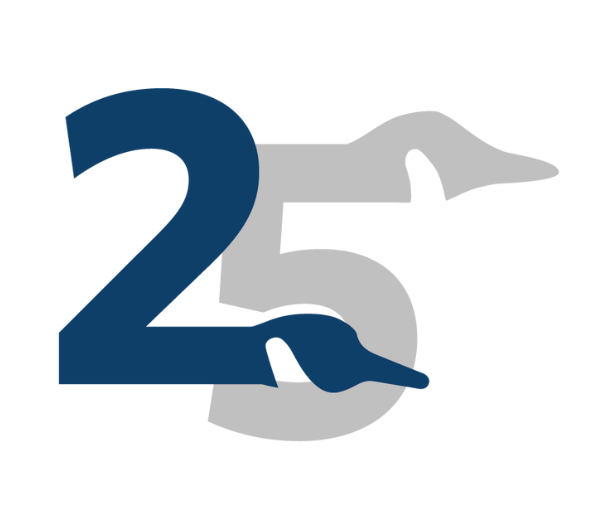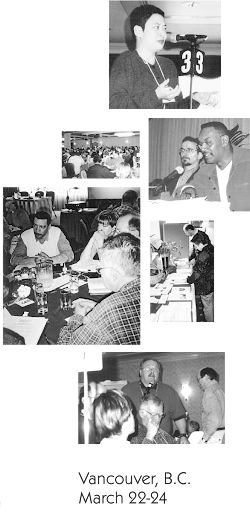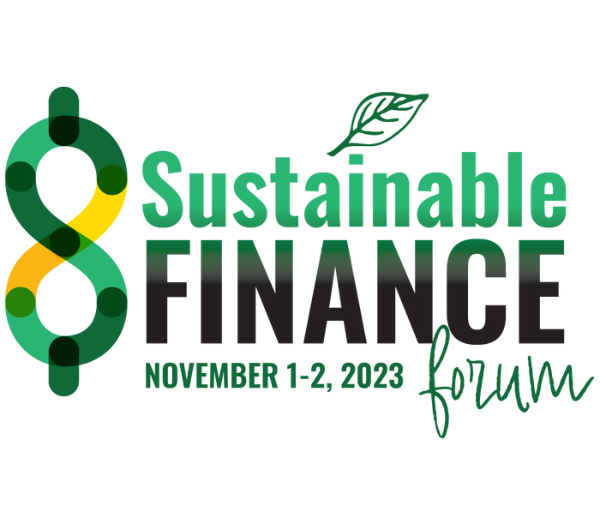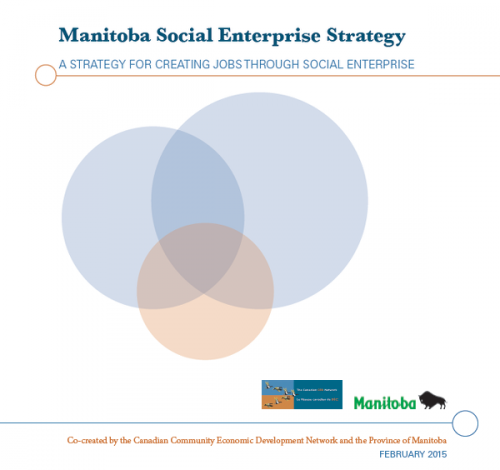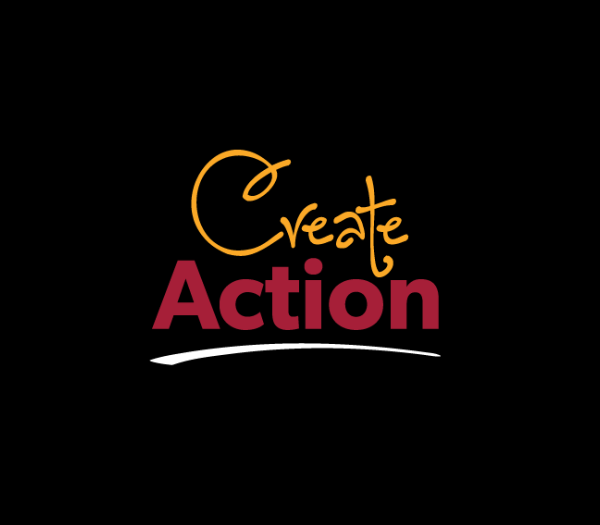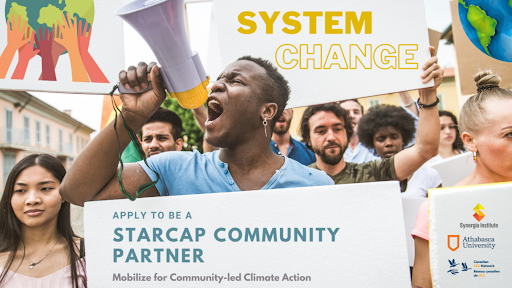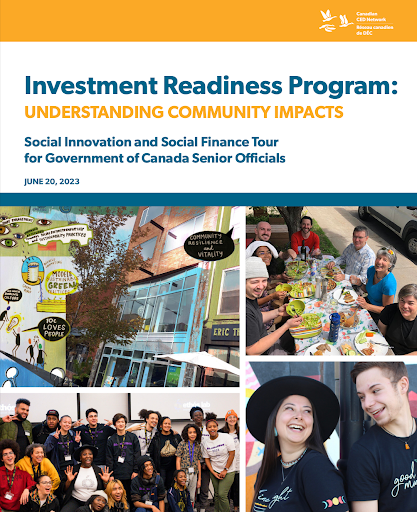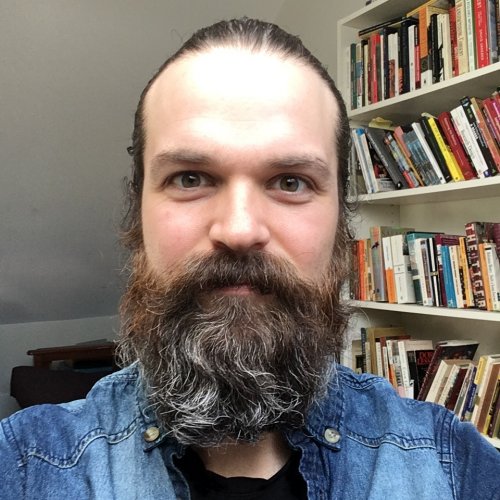Together we are truly stronger, and everyone has something to contribute. A milestone like this, our 25th anniversary, is not just an opportunity for reflection on our past but a call to continue to dream into the future. CCEDNet as an organization is now 25 years old, but the network continues to be reborn with every change to our membership.
After several years of work and meetings, the founders of what became the Canadian CED Network rallied around the desired outcome of “enhanced community capacity for revitalization and self-reliance.” To achieve this, the network set out to develop and exchange CED knowledge and skills, market best practices, engage a broad range of partners and sectors in CED work, identify key policy objectives which position CED as a viable option, and increase capacity to deliver technical assistance.
In many ways this original outcome and the tactics to achieve it, haven’t changed greatly over the years. But our strategies continue to evolve and respond to the challenges of our times, which have changed and in many cases increased. Our particular strengths as a network have been around knowledge sharing and skills learning and acting as a convenor to build strong partnerships and sense of community. We continue to work to build collective power for policy advocacy, but also recognize that impacting policy at the provincial and federal levels is a long and difficult process.
Over the course of the past 25 years CCEDNet has put on many events, starting with the 2001 National Policy Forum in Vancouver and then moving through a series of national CED conferences: in 2001 hosted by the Atlantic CED Institute in Halifax, in 2002 hosted by SEED Winnipeg, in 2004 hosted by ÉCOF-CDÉC in Trois-Rivières, in 2005 hosted by Community Economic and Social Development Program of Algoma University in Sault Ste. Marie, in 2006 hosted by the BC/Yukon CED Network, in 2007 hosted by FINALY in St. John’s, in 2008 hosted by Quint Development Corporation in Saskatoon, and in 2009 hosted by Ka Ni Kanichihk and SEED Winnipeg. Many of these earlier conferences were co-organized with the CED Technical Assistance Program, which ran from 1997 to 2009.
In 2010 we held the National Summit on a People-Centred Economy, co-organized with the Canadian Co-operative Association (now Co-operatives and Mutuals Canada), le Chantier de l’économie sociale, the Canadian Social Economy Research Partnerships, Causeway, the Social Enterprise Council of Canada, Enterprising Non-Profits, the Canadian Centre for Community Renewal, the Women’s Economic Council, and the BC-Alberta Research Alliance on the Social Economy. This was a return to the strong policy focus of the 2001 forum and the partners from this event have continued to meet and work together.
After a prolonged hiatus on national events we then returned in 2016 with the national CED conference, rebranded as EconoUs (or EcoNous). The first EconoUs was co-hosted with CEDEC in Montreal. Then in 2017 it was co-hosted with Momentum, Thrive, the Institute for Community Prosperity, REAP and Calgary Economic Development in Calgary, 2018 with the NB Environmental Network in Moncton, and 2019 with Community Futures Ontario.
More recently we’ve partnered with MP Ryan Turnbull to deliver the Sustainable Finance Forum in 2023, with another planned for this fall.
Aside from the pancanadian events, we’ve also delivered and partnered on provincial and regional events. Most notably, the Manitoba Gathering has been going for over 20 years now, moving briefly to a virtual format through the pandemic. This pay-what-you-can event is a true community collaboration, with many members in Manitoba contributing to the programming and social enterprise providing food.
All of these events have been important opportunities for CCEDNet members and social economy players more broadly to come together, share learnings, and build relationships.
Over the past 25 years CCEDNet has taken on a number of projects to advance our collective mission to connect people and ideas for action to build local economies that strengthen communities and benefit everyone. I can’t possibly mention them all but here are a few of the significant projects we’ve taken on or were part of that many of you on the call have also contributed to.
Between 2005 and 2011, CCEDNet partnered with the University of Victoria in the Canadian Social Economy Hub, which acted as a facilitator promoting collaboration among six regional research centres across Canada. Together we undertook research to understand and promote the Social Economy tradition within Canada and as a subject of community-university partnerships. The collaborative effort of the six regional research alliances (Québec, Atlantic Canada, Southern Ontario, the Prairies and Northern Ontario, BC and Alberta, and the North) and the Canadian Social Economy Hub was called The Canadian Social Economy Research Partnerships (CSERP). The partnerships were established through a five-year Social Sciences and Humanities Research grant. Altogether, over 300 researchers, drawn from universities and Social Economy organizations, participated in the work that was undertaken creating over 400 research products.
Following the 2013 Social Enterprise World Forum in Calgary, CCEDNet – Manitoba convened the Social Enterprise Working Group to consider what it would take to strategically scale up the impact of social enterprise in Manitoba. That meeting resulted in a policy resolution approved by CCEDNet – Manitoba members and then to the co-construction with the Government of Manitoba of the Manitoba Social Enterprise Strategy focussed especially on social enterprises that provide training and employment opportunities for people with barriers to employment. The Strategy lays out policy areas around six pillars: enhancing enterprise skills, ensuring access to capital and investment, expanding market opportunities, promoting and demonstrating the value of social enterprise, regulatory framework, and networks and community engagement.
Our national work experience program, CreateAction, has run, off and on, since 2005. In its most recent iteration, delivered in partnership with the National Association of Friendship Centres with evaluation support from the Social Demonstration & Research Corporation, the focus of CreateAction was on providing paid-work experiences and career-relevant learning opportunities for young people not in education, employment, or training (NEET) and who are facing systemic barriers to employment. The main goals of the program are to promote pathways to meaningful employment and to improve youth wellbeing. A secondary goal of the program is to help employers in the social economy to meet their staffing needs, attract the next generation of youth to the social economy sector, and to create a more welcoming and supportive employment environment. Throughout 5 different iterations of this program we have engaged almost 300 youth.
Established in 2016, the Social Enterprise Ecosystem Project (S4ES) was mandated to address five of the Six Pillars of the Supportive Ecosystem for Social Enterprise Development, created by the Social Enterprise Council of Canada. To achieve this goal, S4ES partners – CCEDNet, Buy Social Canada, Le Chantier de l’économie sociale, the Social Enterprise Institute, and the Social Value Lab – combined forces to optimize co-operation and create a network of partners to support social enterprise leaders. S4ES helped social enterprises start up and grow, sell their products and services, measure their impact, network, and learn best practices in social procurement and social impact measurement. This project ended in late 2021.
Starting in 2021, CCEDNet partnered with Synergia Institute and Athabasca University to deliver the Synergia Transition and Resilience Climate Action Program (STARCAP). STARCAP’s objective is to mobilize local climate action by providing resources and support to grassroots and community organizations to navigate the “Toward Co-operative Commonwealth massive open online course (MOOC) and accompanying participatory workshops, actionable frameworks and networking opportunities.
The last program I’ll mention is the recent Investment Readiness Program, a $100 million grants and contributions program (2 iterations of $50M each) designed to support social purpose organizations as they contribute to solving pressing social, cultural and environmental challenges across Canada. The aim of this program was to help social purpose organizations across Canada build their capacity to participate in the growing social finance market and prepare for the Government of Canada’s broader investment in social finance via the Social Finance Fund. The Social Finance Fund, the IRP and the appointment of the Social Innovation Advisory Council are the first initiatives to result from the Social Innovation and Social Finance Strategy. CCEDNet was the convener of IRP partners, creating a network of expertise and diverse experience within the program, including partners who raise awareness, develop expert services, consider how diverse demographics can get connected to this field, and the ‘readiness support partners’ who disbursed IRP funding to Social Purpose Organizations.
Finally, an important development of the past five years for CCEDNet was the creation of our Theory of Change. We began work on articulating a Theory of Change in 2019 through board and staff engagement and through a process of iteration we came to the version we have now that was adopted in 2021. This has provided us with a clearer framework for strategy development than we’ve ever had. Now that we’re 3 years into using the Theory of Change and tracking metrics towards the outcomes we are seeking, we’re also seeing some of its limitations.
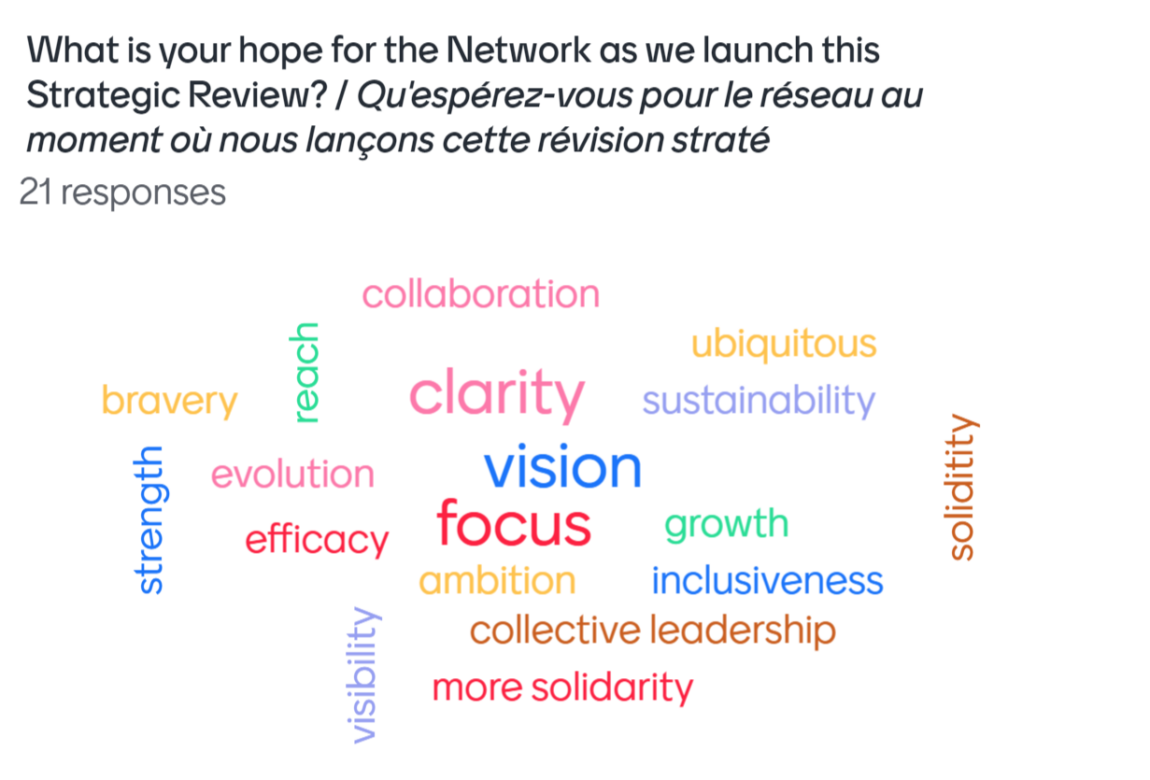
As we prepare to say goodbye to our current longstanding Executive Director, Michael Toye, and welcome new leadership, CCEDNet will be engaging in a Strategic Review of CCEDNet’s Theory of Change and internal strategic framework. This work feels all the more important following the end of several major projects, which has resulted in new teams and a smaller budget while we all navigate the disruptions of the wider world, particularly since 2020.
Coordinating this process will be Sarah Leeson-Klym in a new “Associate Director” role, who will be providing support to our national programs throughout the transition and the Review. The Review process will be led by a joint board and staff Theory of Change Working Group and will be deeply informed by our members. We are still working through the details but are feeling bold and curious from the start.
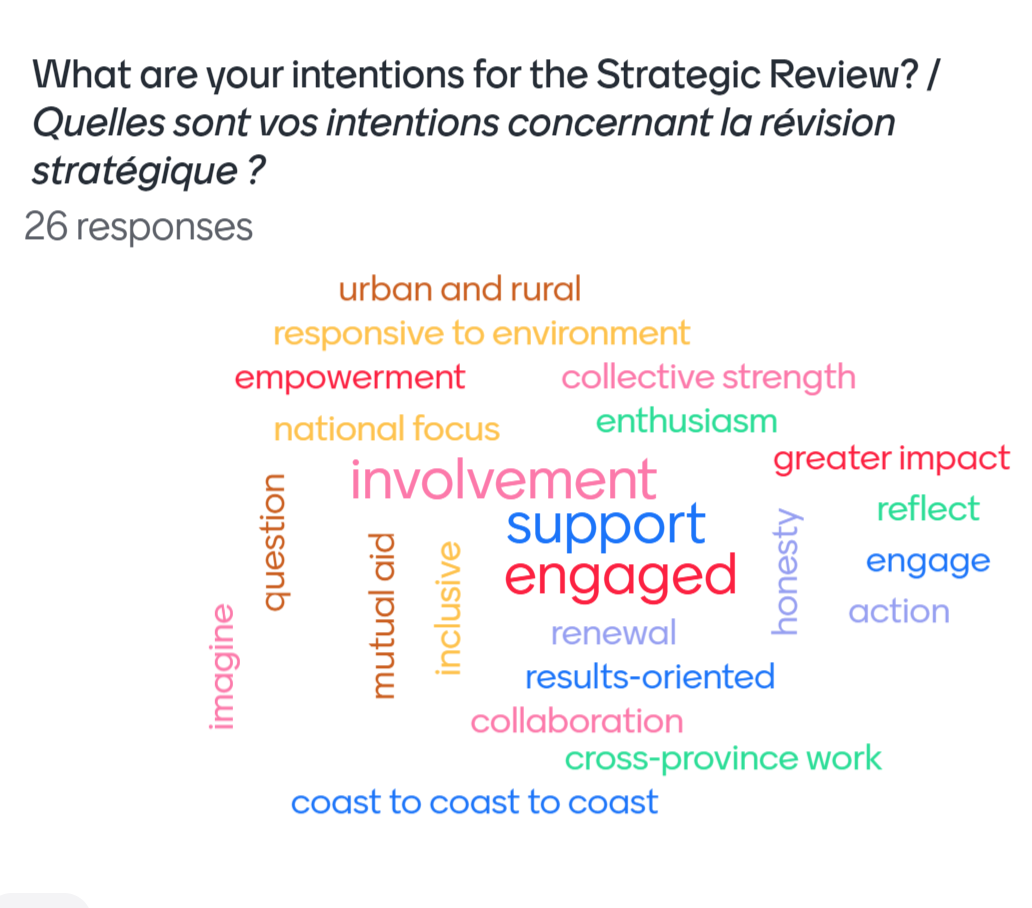
We anticipate this process will tackle three major lines of inquiry. First is the Theory of Change overall – do we really have a shared understanding of the concepts, values, and outcomes outlined here and what needs to change based on what we’ve learned recently? Second is intentionally examining our network to see who is compelled by this approach, who we might be missing, and if we know the real purpose and potential of the network. Third, we need to look at our actions and operations to align with the findings and continue to shape more equitable and impactful strategies as a staff team.
You can expect to see our regular newsletters and member communiqués slow a little and shift to focus on this process for the next few months. You can look forward to being invited to engagement sessions and other activities that will provide you with opportunities to share your insights. And you’ll hear from us as we hit major milestones along the way.
Stay tuned for more updates on this process and for opportunities to contribute your passion, ideas, and questions.
Sincerely,
Matthew Thompson
Director of Engagement

